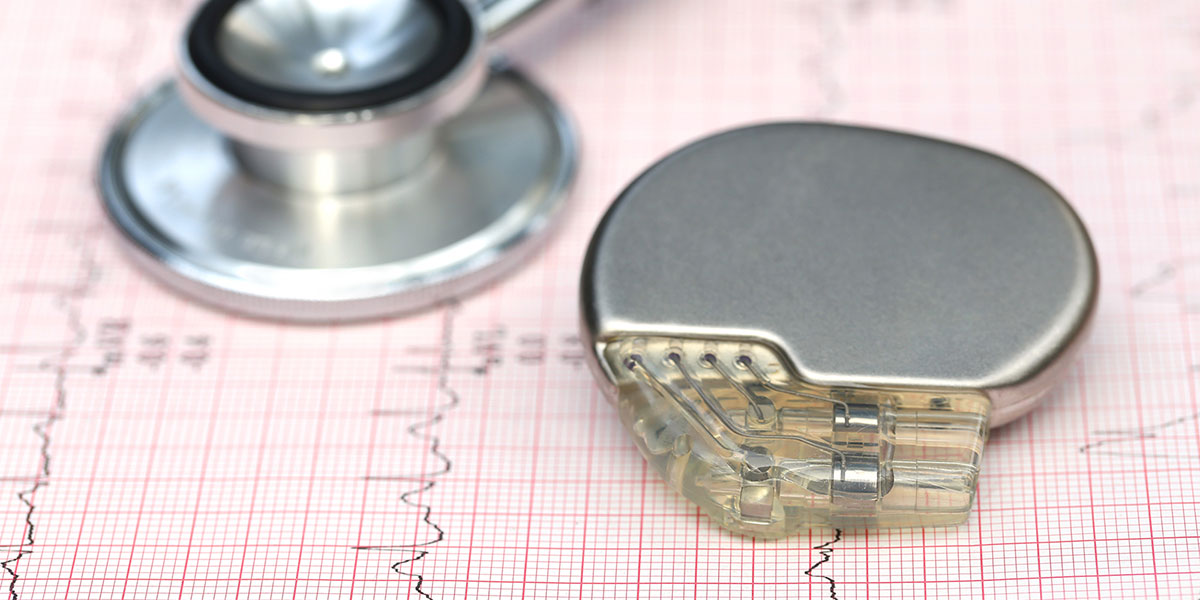
In a statement published today (6 December) the Federation of European Academies of Medicine (FEAM) supports the recommendation of the French National Academies of Medicine, Pharmacy and Surgery and the Royal Academy of Medicine of Belgium (ARMB) to extend the transitional period for the implementation of the EU Regulation 2017/745 by at least two years in order to avoid a real risk of shortage of essential medical devices.
On 31 May 2022, the French National Academies of Medicine, Pharmacy and Surgery and the Royal Academy of Medicine of Belgium (ARMB) alerted the political and administrative world, all healthcare professionals and the patient community to the risk of a shortage of medical devices (MDs), particularly implantable medical devices (IMDs), by 26 May 2024. This risk is real if no measures are taken to overcome the bottleneck constituted essentially by the notified bodies (NBs) responsible for CE marking of these devices in application of the new EU regulation 2017/745, as they are too few in number and have insufficient means. Indeed, any device that is not labelled by this deadline can no longer be marketed and therefore used for the benefit of patients. FEAM, also concerned by this important public health issue, wishes to endorse this recommendation and has joined the ongoing process.
In the joint document with the three French academies (Medicine, Pharmacy and Surgery) and the ARMB and FEAM list a series of recommendations concerning this challenge:
These recommendation have also been endorsed by the Academy of Medical Sciences of the Serbian Medical Society; the French Academy of Veterinary; the Royal Netherlands Academy of Arts and Sciences (KNAW); the German National Academy of Sciences ‘Leopoldina’ and by the Hungarian Academy of Sciences.